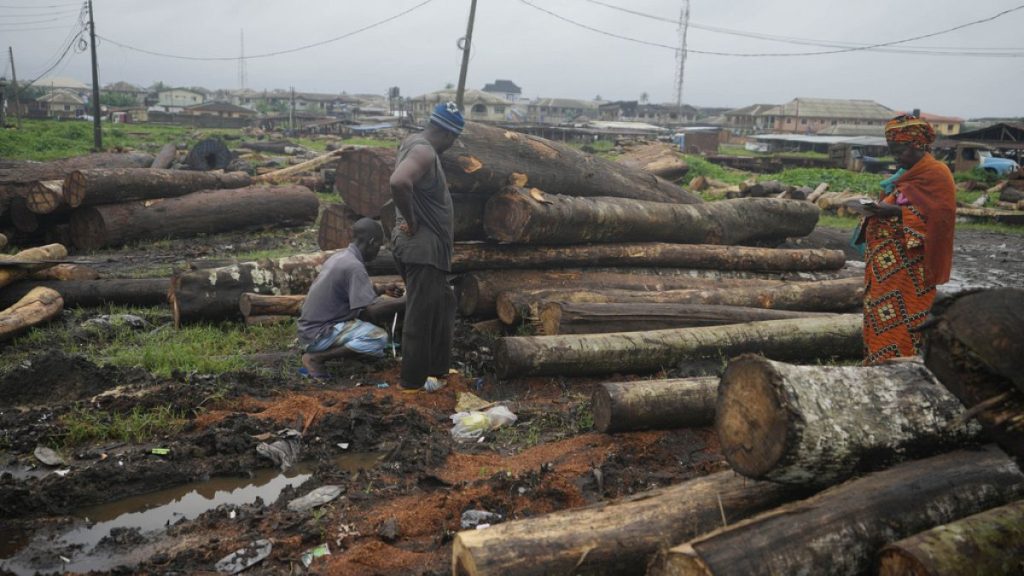The European People’s Party (EPP), a center-right political group in the EU, has celebrated a one-year delay in the implementation of the EU Deforestation Regulation, which is designed to prevent access to the EU market for goods linked to deforestation. This delay was confirmed during a recent agreement between members of the European Parliament (MEPs) and national government representatives, pushing the deadline for companies to ensure their products are free from deforestation-related practices to December 30, 2025, with small and medium-sized enterprises (SMEs) getting an additional six months. Despite this triumph, the EPP could not achieve further amendments to relax the regulation, even with support from far-right factions in the EU.
Initially adopted in May 2023, the Deforestation Regulation aims to enforce strict due diligence on goods entering the EU, including palm oil, timber, and various agricultural products. However, the European Commission faced considerable pressure from trade partners and business lobbyists, leading to the amendment that solely postponed the law’s effective date. Christine Schneider, a German MEP and chief negotiator for the EPP, expressed that the extension will provide necessary planning security for European sectors dependent on forest resources while reducing administrative burdens. Nevertheless, the EPP’s broader ambitions to modify the regulation further were thwarted by resistance within the EU Council.
Despite the EPP’s claims of victory, environmental advocates have voiced significant concerns regarding the delay, arguing it undermines efforts to combat deforestation effectively. Anke Schulmeister-Oldenhove from the WWF expressed relief that key elements of the law remained intact, but lamented that even a one-year delay encourages continued deforestation. Campaigners from groups like Fern highlighted that EU member states successfully resisted pressures to weaken the law, striving to maintain its integrity against the EPP’s attempts to dilute its effectiveness.
Amidst the ongoing debate, some segments of the business community, particularly within the domestic forestry sector, have cautiously welcomed the additional time granted by the delay. Leaders from organizations like the Swedish Forest Industries Federation view this period as an opportunity to clarify existing uncertainties regarding the regulation’s implementation, emphasizing that they align with its intentions while seeking practical adjustments. The Confederation of European Paper Industries echoed this sentiment, highlighting the need for further clarification regarding the transitional arrangements specifically in relation to timber and SMEs.
The regulation stipulates that companies involved in importing or exporting within the EU must demonstrate due diligence and prove the deforestation-free nature of their supply chains. This encompasses a range of products that are frequently associated with forest clearance, such as cocoa, soy, rubber, and derivatives like beef and chocolate. As a result of the political agreement reached, the revised deadline now awaits formal approval from the EU Council and Parliament, which will ultimately confirm the new implementation timeline.
The dialogue surrounding the Deforestation Regulation encapsulates a broader conflict within the EU concerning environmental protection versus business interests, raising pertinent questions about the effectiveness of such legislative measures in combating global deforestation. As the regulation moves closer to final approval, the engagement between political factions, business associations, and environmental advocates will play a crucial role in shaping the future of EU policies aimed at mitigating ecological harm while balancing economic considerations.

